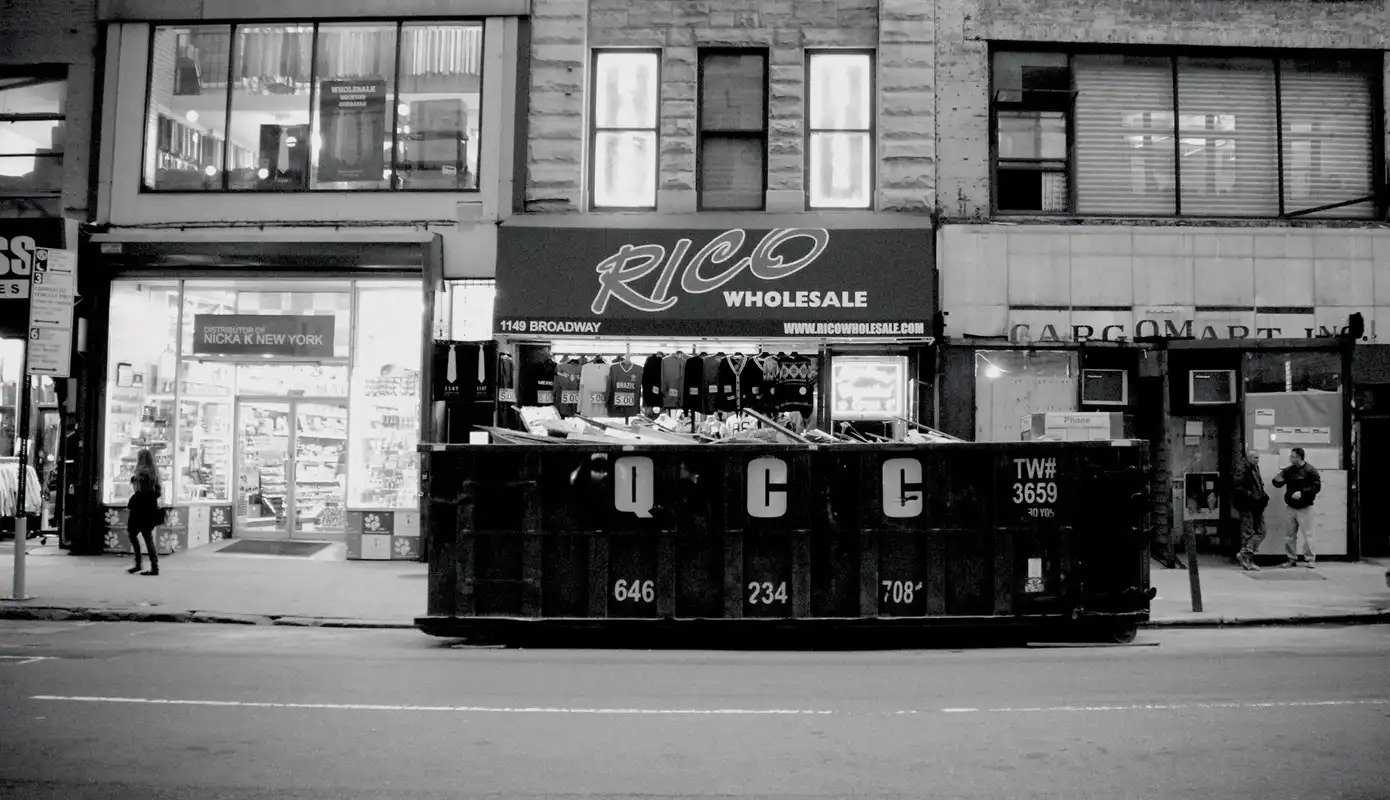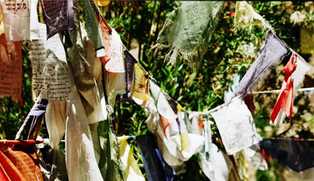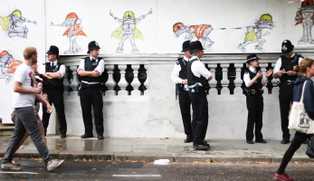There is a wooden desk with a wooden chair. If I close my eyes, the table and the chair could be in a warm room full of books that belong to an old man who knows that dark wood has a simplicity that feels timeless. My eyes are not closed, and I see furniture that looks lost next to empty pizza boxes in a dorm room in New York. Yet it still gives to the room, making it feel like a home even if that home is too small with a broken heater. I tell my friend her furniture is lovely, and she narrates the story of how she found a tired woman selling an old chair with a desk that could hold both a laptop and snacks, and still have space for rolling weed. I look at it again and realize that it is functional, and beauty looks better when it does not take up space for no reason. I keep quiet as if to tell her, say more! Instead she twists her rolling paper, and licks the creases. I don’t want to be alone in my thoughts, and I wait for her to make the furniture mean something. She flicks bits of weed to the floor, her nails hitting the table hard enough to say that wood is dead and only needs tenderness from those who feel too much. As my head fills up with smoke from her lips, I give in to my thoughts of how old chairs can carry us in more than one way.
Something happened when I sat in my grandpa’s chair for the first time. The chair was in Gutu, under a tree surrounded by dust and rocks where one could look over at bare fields being broken in by grandma. I came to Gutu after years of finding reasons not to leave the noise of the city, not to travel to a place that seemed so still that it felt far away from Harare even though it was only a four-hour drive with rest stops. My grandfather had seen the dust rising from afar even before he had heard the car. In a community where people walk to greet each other, he had known that it was his granddaughter coming to visit. He had quickly moved his favorite rocking chair to a tree behind the house, and he had ushered me there as soon as I stepped out of the car. He said I needed to sit where I could see how far the land goes undisturbed, how the air smelled empty like something clean, then tell him why with all of that, it took eight years to come back.
Eight years is enough time for a city to become unfamiliar even to those who live there. There used to be a Harare of the 90’s that reminded Chris Abani of “Lagos in the fade of colonialism”: pubs filled with political banter over pints of beer, artists who wore faded shirts because they preferred it, but also because they could not afford new ones, the book café for Harareans to listen to mbira played by a woman with black lipstick and locks just the right amount of untidy to be counter-culture. It is still there, this Harare, but scattered and quieter. Today, the white farmers in five-star hotels have been replaced by Chinese businessmen telling jokes to Black politicians who laugh quietly as if they are the guests. Old colonial houses have been remodeled into restaurants called “The Great Wall” and “Shanghai”. Chinese Malls have been built on wetlands previously left untouched. Harare looks like the home of an overenthusiastic traveller eager to share memories of their time in London, Shanghai, and Johannesburg. Many of us have watched Harare become a meeting place for different cities, and at first it felt like we were speaking to the world. We listened again and realized that we could not hear our own voices.
Change never happens without headshakes and heavy sighs, Chinese malls don’t appear without men laughing in buses and saying, “You really think the East cares more about us than the West?” Harareans remember a simpler time when men fetched water from wells, children gossiped in Shona, and chickens were alarm clocks even though the only chickens they have ever known are skinless in the frozen section of Spar. Nostalgia is creative, and we would rather mourn for a voice we lost than admit we never heard it. These days we pay twenty dollars instead of five for the African vases sold in front of Chinese restaurants. We don’t have the economic vocabulary to say we are afraid, but the twenty-five dollars asks if we will ever call something our own.
We are not against change exactly, but there is something about the way the malls are built so quickly. We know it is temporary, and what good has come from creating something that breaks so easily. What good has come from a just-for-now kind of mentality? We need something build the right way for the right reasons. Something that is timeless and less complicated, perhaps a chair.
I did not tell my grandfather this of course, that Harare is not what is used to be, and Gutu has a way of staying the same. I left my grandfather a few days later, and Harare a few days after that. I did not stay long enough to buy any vases, but I left with one colorful painting of a township and another of a little girl with bantu knots jumping rope, a painting usually reserved for tourists. I left, as many of us do every year, to cities like New York. I left for a university that does not shut down because of strikes, where I can hang up art from Zimbabwe because that is all I can fit in a suitcase that cannot weigh more than 20kgs. I held on to the hope that maybe if I could bring something bigger, a chair perhaps, it would be enough to help me stay at home in a small way. I didn’t realize, until it was too late, that needing a piece of home meant you were already too far away.My friend opens the window to bring in some cold New York air. There are no blankets on the bed and I cover my feet with a jacket. As the smoke rushes out of the room I almost tell her about my grandpa’s chair, but it is too cold to long for anything other than heat, and we are too young to feel like we have lost so much.




